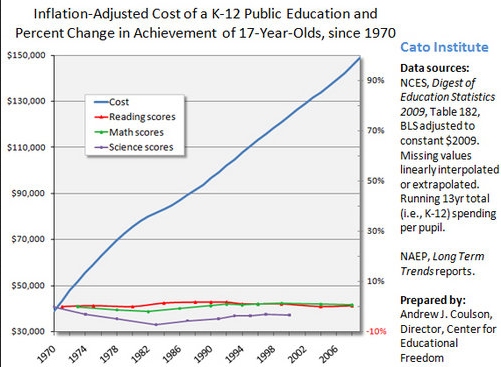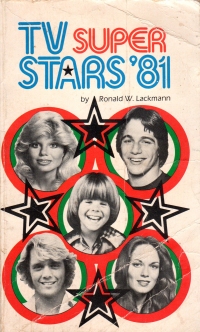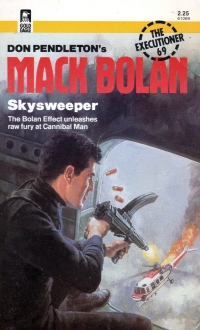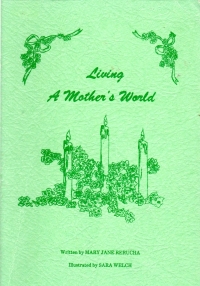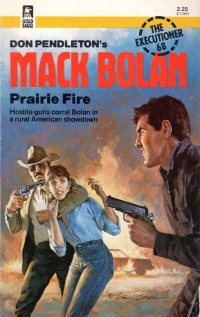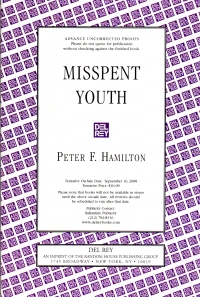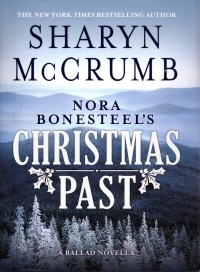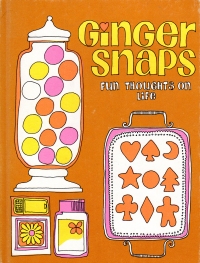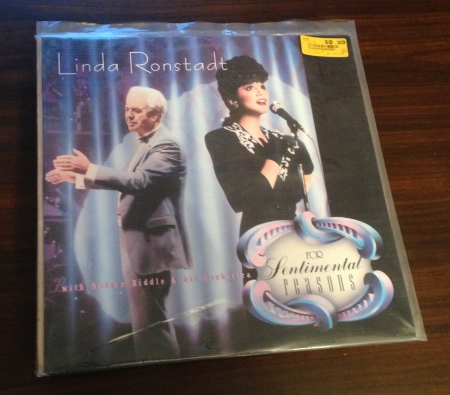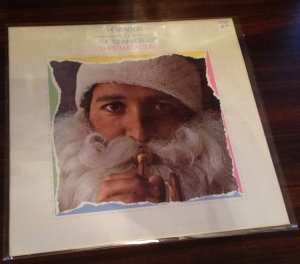Well, here is the list of books I’ve read this year:
- The Sea Wolf by Jack London
- Life Is Simple: First Cutting by Jerry Crownover
- Art Treasures of Seoul by Edward B. Adams
- The Hero by John Ringo and Michael Z. Williamson
- Rogue Warrior: Green Team by Richard Marcinko and John Weisman
- Dead Street by Mickey Spillane
- Flawed Dogs by Berkeley Breathed
- GI Joe: The Story Behind the Legend by Don Levine with John Michlig
- Changdeog Palace
- Toulouse-Lautrec: Painter of Paris by Horst Keller
- Carolingian Chronicles by Translated by Bernard Walter Scholz with Barbara Walters
- Doomsday Disciples by “Don Pendleton”
- Hoot by Carl Hiaasen
- How to Live Like A Lord Without Really Trying by Shepherd Mead
- Vulture’s Vengeance by “Don Pendleton”
- Down the Wire Road in the Missouri Ozarks and Beyond by Fern Agnus
- Tuscany Terror by “Don Pendleton”
- Ten Years in the Tub by Nick Hornby
- Life in the Age of Charlemagne by Peter Munz
- Gulliver’s Travels by Jonathan Swift
- Bad Publicity by Jeffrey Frank
- So You Want to Be a Wizard by Diane Duane
- Reinhold Niebuhr by Bob E. Patterson
- Invisible Assassins by “Don Pendleton”
- Down with Love by “Barbara Novak”
- Mountain Rampage by “Don Pendleton”
- The Greek and Roman World by W.G. Hardy
- The Joy of Hate by Greg Gutfeld
- Paradine’s Gauntlet by “Don Pendleton”
- Island Deathtrap by “Don Pendleton”
- Take It Off, Take It All Off! by David Riitz
- The Simpsons: A Complete Guide to Our Favorite Family by Edited by Ray Richmond
- Ambush on Blood River by “Don Pendleton”
- Kierkegaard by Elmer H. Duncan
- Love’s Legacy by Stephanie Dalla Rosa
- Yo, Millard Fillmore! by Will Cleveland & Mark Alvarez
- John Donnelly’s Gold by Brian J. Noggle
- Holes in It by Todd Tevlin
- The Normlings by Todd Tevlin
- Frik in Hell Vol 3 by Todd Tevlin
- Crude Kill by “Don Pendleton”
- Fear and Trembling by Soren Kierkegaard
- Starcraft Archive by various
- Sold for Slaughter by “Don Pendleton”
- The Most of George Burns by George Burns
- Fishin’, Huntin’, Travelin’, and Ozark Memories by L.B. Cook
- The Weapon from Beyond by Edmond Hamilton
- Slam the Big Door by John D. MacDonald
- Starman Jones by Robert Heinlein
- The Roman Holiday of Mrs. Stone by Tennessee Williams
- A Brief History of Sanibel Island by Marya Repko
- The Sanibel Sunset Detective by Ron Base
- The Last Paradise: The Building of Marco Island by Douglas Waitley
- The Know It All by A.J. Jacobs
- Insane City by Dave Barry
- Wicked Springfield Missouri by Larry Wood
- Beggars in Spain by Nancy Kress
- All Madden by John Madden with Dave Anderson
- Wolverine: Weapon X by Marc Cerasini
- Kilroy Was Here by Charles Osgood
- An Altogether New Book of Top Ten Lists by Dave Letterman
- The Drawings of William Blake by Sir Geoffrey Keynes
- Paper Lion by George Plimpton
- K-PAX by Gene Brewer
- The Forbidden City
- 12 Monkeys by Elizabeth Hand
- Wars of the Ancient Greeks by Victor Davis Hanson
- New York City of Dreams by Bill Harris
- Dead Man Running by “Don Pendleton”
- The Ballad of Ethan Burns by James D. Balestreiri
- Monet by Alberto Martini
- Peter Paul Rubens Medaenas
- Lightning Fall by Bill Quick
- The Official Jewish Joke Book/The Official Irish Joke Book by Larry Wilde
- Orbiting Omega by “Don Pendleton”
- The Eight-Seven by Ed McBain
- Camille Pissarro: A Medaenas Monograph by Anne Schirrmeister
- Kierkegaard: A Biographical Introduction by Ronald Grimsley
- The Experience of Nothingness by Michael Novak
- The Courtship of Barbara Holt by Brian J. Noggle
- Back Roads of the Ozarks by Wayne Sullins
- Let Us Go Quietly Together For A Little Way. Let Me Talk To You by Charlotte Osborn
- Women the Children Men by Roberta Metz
- Rogue Warrior: Task Force Blue by Richard Marcinko and John Weisman
- The Peter Principle by Dr. Laurence J. Peter and Raymond Hull
- Beirut Payback by “Don Pendleton”
- The Lessons of History by Will Durant
- Advanced French for Exceptional Cats by Henry Beard
- Hiroshage by Sebastian Izzard
- RoboTech Genesis/Battle Cry/Homecoming by Jack McKinney
- Desperate Measures by Joe Clifford Faust
- Cry Hard Cry Fast by John D. MacDonald
- A Bullet for Cinderella by John D. MacDonald
- Misspent Youth by Peter F. Hamilton
- Nora Bonesteel’s Christmas Past by Sharyn McCrumb
- Ginger Snaps by Compiled By Dian Ritter
- Prairie Fire by “Don Pendleton”
- Living a Mother’s World by Mary Jane Rerucha
- Skysweeper by “Don Pendleton”
- TV Superstars ’81 by Ronald W. Lackman
Okay, so a full fourteen percent of the books I read were Executioner novels. I read a couple of film books (12 Monkeys and Down with Love among them).
On the other hand, I read some theology and philosophy, including a primary text by Kierkegaard (Fear and Trembling), a couple books about Kierkegaard, a book about Niebuhr, and so on. I read six books by people I know (three comics by Todd Tevlin, a book by Stephanie Dalla Rosa, and my two books). I mixed nonfiction with fiction pretty well, and I mixed genres in the fiction along with a couple classics (The Sea Wolf and Gulliver’s Travels). I even read poetry for pleasure. So not bad.
Unstated in this list is books I started and didn’t get through. Two come to mind: The Courage to Be by Paul Tillich and Zen Mind, Beginner’s Mind by Shunryu Suzuki. I started reading them as my carry book, got halfway through them, and then lost the train of thought in them. I expect I’ll revisit them in 2017.
Hopefully I can get near 100 again next year, which would mean I’m only acquiring a handful more books than I’m reading annually. Just in case I live to a time when books are not cheaply available on the second hand market (or new for that matter). It might happen.



